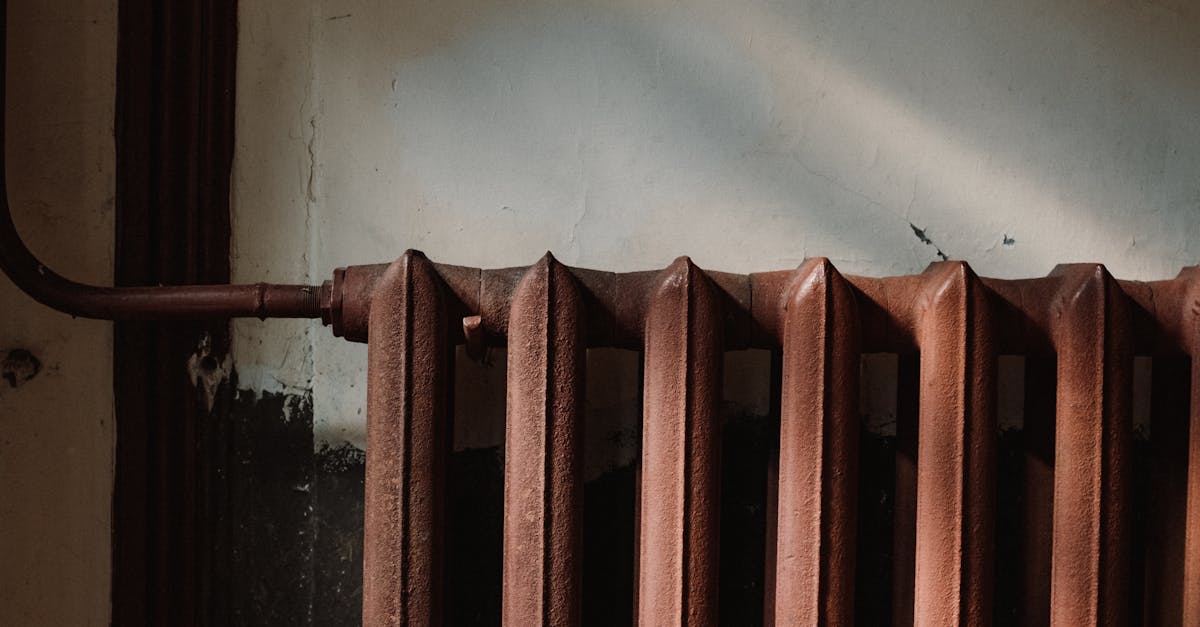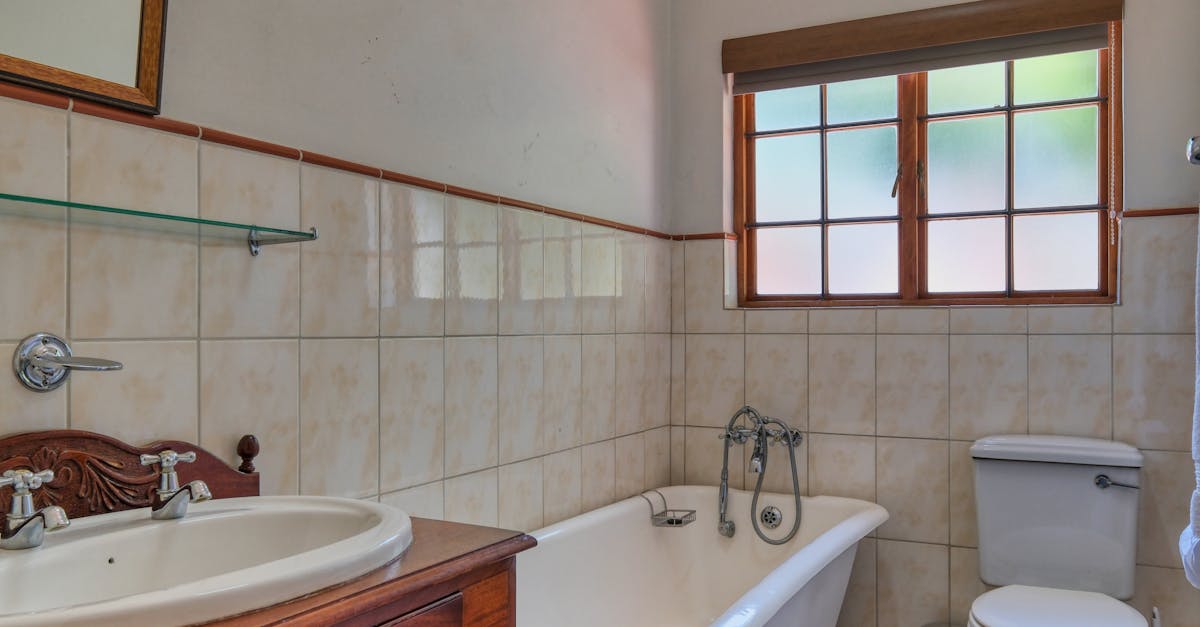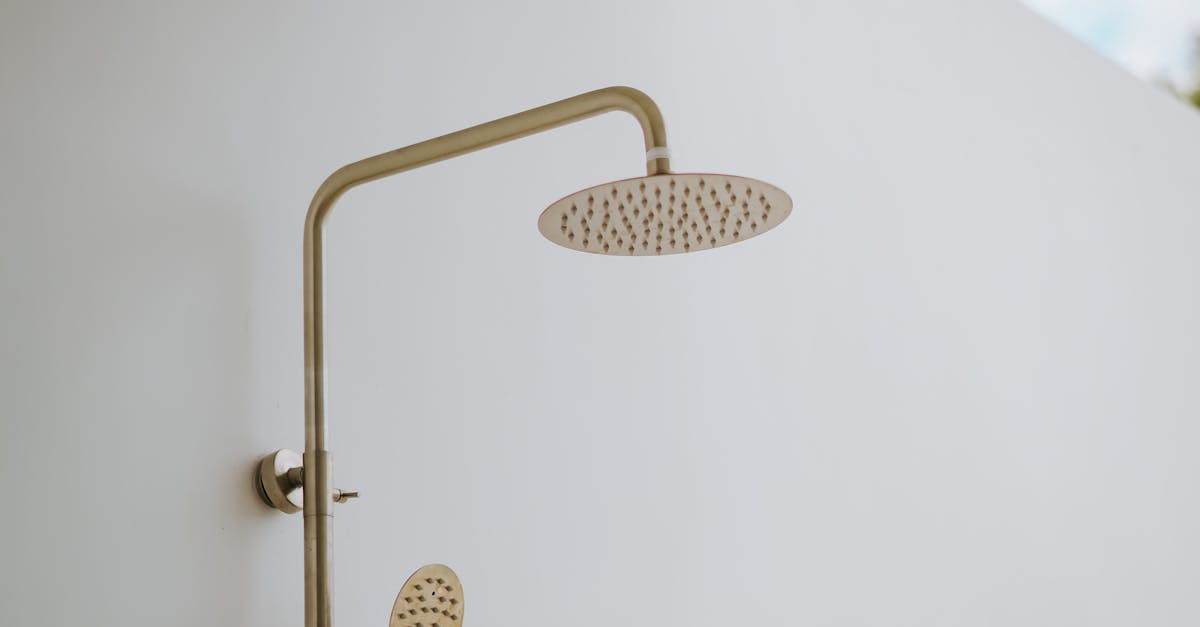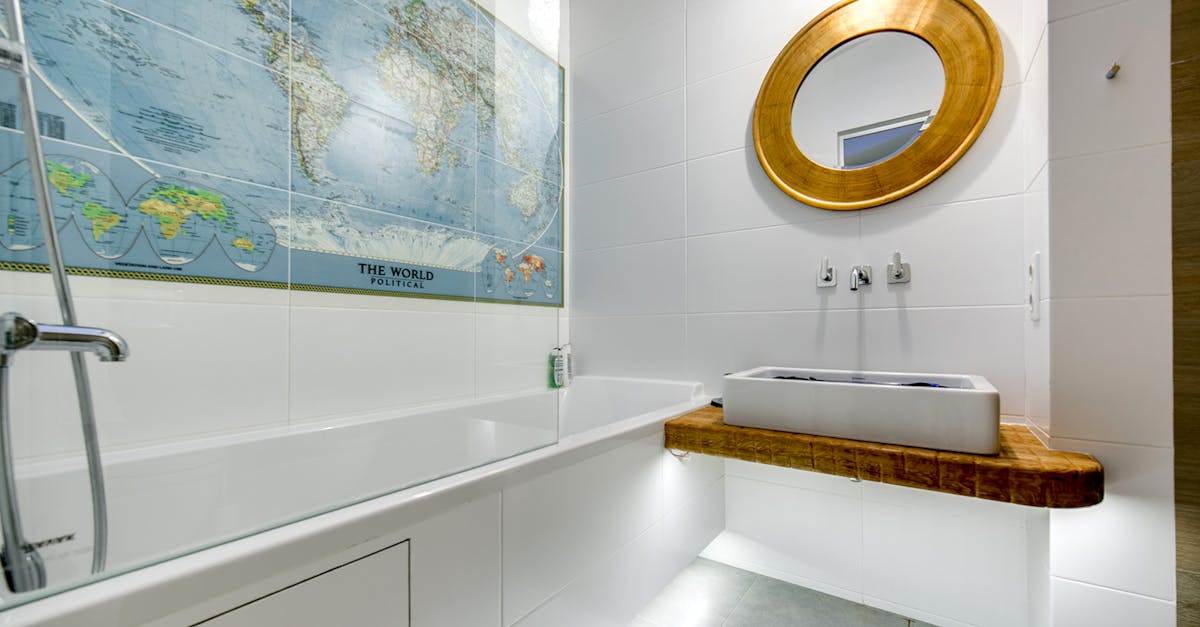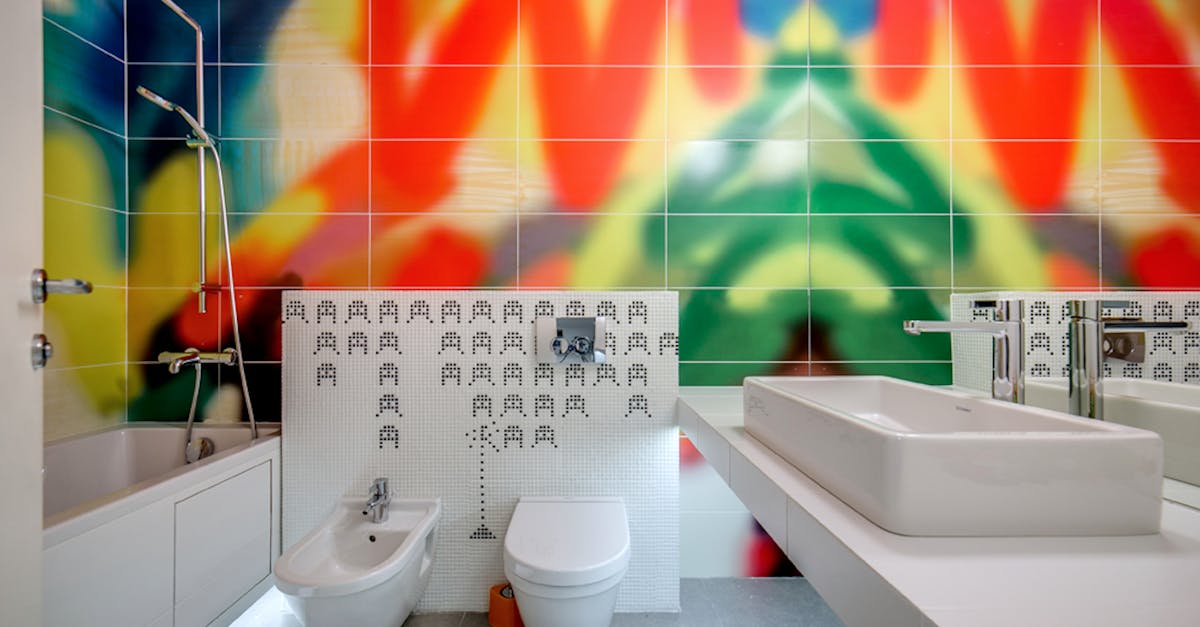
Tips for costeffective bathroom renovations
When undertaking a bathroom renovation project in North Yorkshire, it's essential to consider cost-effective solutions that do not compromise on quality. One way to save on expenses is by reusing existing fixtures such as sinks, toilets, and bathtubs. Refurbishing these items instead of purchasing new ones can significantly reduce your overall expenditure, allowing you to allocate more of your budget to other aspects of the renovation.
Additionally, opting for energy-efficient fixtures and fittings can not only save you money in the long run but also contribute towards a more sustainable bathroom design. Installing low-flow toilets, water-saving faucets, and energy-efficient lighting can help reduce your utility bills while minimising your environmental impact. By making these conscious choices during your bathroom remodeling in North Yorkshire, you can create a stylish and eco-friendly space without breaking the bank.
Reusing existing fixtures
When planning a bathroom renovation, reusing existing fixtures can be a smart way to save costs while adding character to the space. By incorporating elements like taps, showers, or bathtubs into the new design, homeowners can achieve a unique look that is both sustainable and budget-friendly. Bathroom remodeling in Middlesbrough, North Yorkshire, for instance, often benefits from this approach as it helps preserve the charm of older properties while updating the overall aesthetic.
In addition to the cost savings, reusing fixtures can also reduce the environmental impact of the renovation project. By refurbishing and repurposing items such as cabinets, mirrors, or even tiles, homeowners can contribute to sustainability efforts and lessen the amount of waste generated during the construction process. This not only aligns with eco-conscious values but also allows for a more personalised and eclectic bathroom design that reflects individual taste and style preferences.
Average costs of bathroom renovation in the UK
Bathroom renovation costs in the UK vary depending on various factors such as the size of the bathroom, the quality of materials used, and whether any structural changes are required. On average, a basic bathroom renovation in the UK can cost anywhere from £2,500 to £6,000. This typically includes replacing fixtures, painting, and minor upgrades to the space. In contrast, a high-end bathroom renovation with custom features and premium materials can cost upwards of £10,000 or more. Bathroom remodeling in Middlesbrough, North Yorkshire, for instance, may differ in costs compared to other regions in the UK due to regional pricing variations and availability of materials and labour.
Comparing different regions
When it comes to bathroom renovations across various regions in the UK, there are noticeable differences in the costs involved. For instance, Bathroom remodeling in Middlesbrough, North Yorkshire might tend to be more budget-friendly compared to central London areas. This is due to variations in labour costs, material prices, and overall living expenses that influence the total renovation expenditure. Therefore, it is essential for homeowners to consider the specific location of their property when planning a bathroom renovation project.
Moreover, factors such as the availability of local suppliers, contractors, and market competition can also impact the costs of bathroom renovations in different regions in the UK. Areas with a high concentration of renovation specialists may offer competitive rates and a wide range of options for materials and fixtures. On the other hand, regions with limited access to such resources may result in higher renovation costs due to the need to source materials from afar or hire specialised professionals from other areas.
DIY vs Professional renovation
Undertaking a bathroom renovation project can be a highly personal experience, with many homeowners grappling with the decision of whether to tackle the task themselves or enlist the help of professionals. For those leaning towards a more hands-on approach, undertaking a do-it-yourself renovation can be a gratifying journey that allows for complete creative control. However, it's crucial to note that DIY projects require a significant time investment and a certain level of skill to execute successfully. On the other hand, opting for professional assistance in bathroom remodeling in North Yorkshire can provide peace of mind and ensure high-quality results without the need for personal involvement in the nitty-gritty details of the renovation process.
When comparing DIY versus professional bathroom renovations, the decision often boils down to a trade-off between cost and convenience. While conducting a DIY renovation may seem cost-effective initially, it's essential to consider potential pitfalls such as unforeseen expenses due to errors or lack of expertise. Professionals, such as those catering to bathroom remodeling in North Yorkshire, bring in-depth knowledge and experience to the table, resulting in a smoother renovation process and potentially saving both time and money in the long run. Ultimately, weighing the pros and cons of each approach is crucial in determining the best course of action for your bathroom renovation project.
Pros and cons of each approach
When considering the approach of DIY bathroom renovation, one clear advantage is the potential cost savings. By taking on the project yourself, you can avoid labour costs and potentially reduce overall expenses. This can be particularly appealing for those with a tight budget or who enjoy hands-on projects. However, DIY projects can often take longer to complete, especially if you have limited experience or skills in plumbing, tiling, or other specialized areas.
On the other hand, opting for a professional renovation can provide peace of mind and a high-quality finish. Professionals bring expertise and efficiency to the project, ensuring that the work is done to a high standard and within a reasonable timeframe. This approach is especially beneficial for those who lack the time, skills, or inclination to undertake the renovation themselves. Bathroom remodeling in Middlesbrough, North Yorkshire, for example, may benefit from the expertise of local professionals familiar with the area.
FAQS
How much does a typical bathroom renovation cost in the UK?
The cost of a bathroom renovation in the UK can vary widely depending on factors such as the size of the bathroom, the quality of materials used, and whether you choose to hire professionals or do it yourself. On average, a basic bathroom renovation can cost anywhere from £2,500 to £6,000, while a more luxurious renovation can cost upwards of £10,000.
What are some tips for cost-effective bathroom renovations in the UK?
To keep costs down during a bathroom renovation in the UK, consider reusing existing fixtures and fittings where possible, opt for mid-range materials instead of luxury options, and shop around for the best deals on tiles, fixtures, and fittings. Planning ahead and getting multiple quotes from tradespeople can also help you stick to your budget.
Is it cheaper to renovate a bathroom yourself or hire professionals in the UK?
Renovating a bathroom yourself can be cheaper than hiring professionals in the UK, but it requires time, effort, and skill. Professionals can ensure a high-quality finish and may be able to complete the renovation more quickly. Consider your own DIY abilities and the complexity of the renovation when deciding whether to hire professionals or do it yourself.
How do bathroom renovation costs vary across different regions in the UK?
The cost of a bathroom renovation can vary across different regions in the UK due to differences in labour costs, material prices, and demand for tradespeople. Generally, major cities and affluent areas tend to have higher renovation costs compared to rural areas. It's advisable to get quotes from local tradespeople to understand the specific costs in your region.
What are the pros and cons of reusing existing fixtures in a bathroom renovation in the UK?
Reusing existing fixtures in a bathroom renovation in the UK can help save money and reduce waste. However, older fixtures may not fit with a new design scheme or may be in poor condition. It's important to assess the condition and style of existing fixtures carefully before deciding whether to reuse them or invest in new ones.
